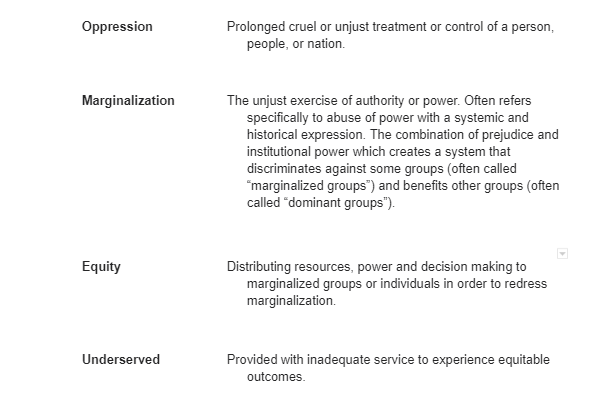
Essex Westford School District’s equity policy attributes the evolution and economic infrastructure of the United States to genocide and slavery; ‘operates from a decolonized perspective.’
Incidents
Essex Westford School District’s equity policy attributes the evolution and economic infrastructure of the United States to genocide and slavery. The document states that “this nation would not have evolved as it has without genocide of the indigenous people, nor would the economic infrastructure exist as it does without enslavement of native African people and their descendants.” The policy also states that it “operates from a decolonized perspective.”
“Decolonized perspective” is defined by the district policy as the “active resistance against colonial powers defining the lens of history, policy, law, and practices through a shifting of power towards political, economic, educational, cultural, and power that originate from a colonized nation’s own indigenous culture.”

The policy continues: “In an effort to recognize and undo the harm of centuries of systemic inequalities and oppression, we begin with this lens and framework.”
Equity, as defined in the policy, is the act of “distributing resources, power and decision making to marginalized groups or individuals in order to redress marginalization.”

The district defines “educational equity” as occurring “when all students are provided with what they need in support of their academic, social-emotional and career development.” Equity “recognizes that economic, social, political, and educational historical and current practices have created inequalities that require explicit, intentional intervention.”
The policy also states that equity “prioritizes visibility, voice, and empowerment of people and groups who are harmed by inequitable rules and behaviors by requiring fair, respectful, and just educational systems and practices.”
Policy goals include an “anti-racist” curriculum, “centers the needs, experiences, and decision-making (both process and content) of people from communities who are systemically and structurally oppressed,” and grow and develop “anti-racist, culturally agile” educators.
The document states that when the district “centers equity in policy, practice, and environment,” it “operates from a decolonized perspective of the history between groups with specific attention to undoing revisionist frameworks that perpetuate inaccurate portrayals of people in privileged and subjugated positions.”
The district defines “privileged position” as the “Unearned social power afforded by the formal and informal institutions of society to ALL members of a dominant group (e.g. white privilege, male privilege, etc.). Privilege is usually invisible to those who have it because they are taught not to see it, but nevertheless it puts them at an advantage over those who do not have it.”

Additionally, centering equity in the school structure includes “affinity groups for marginalized students and staff.”
Stay Informed
